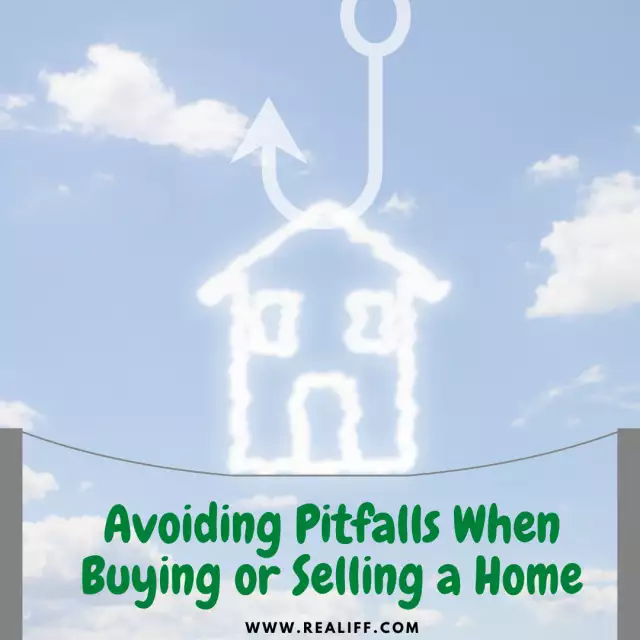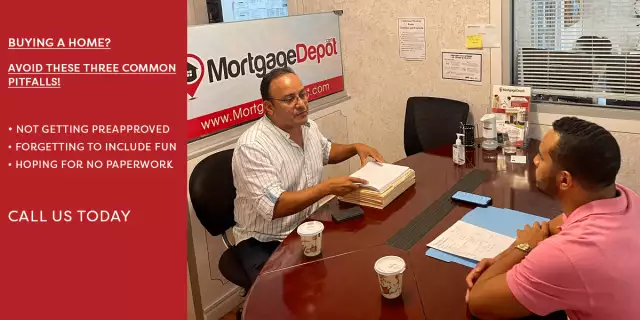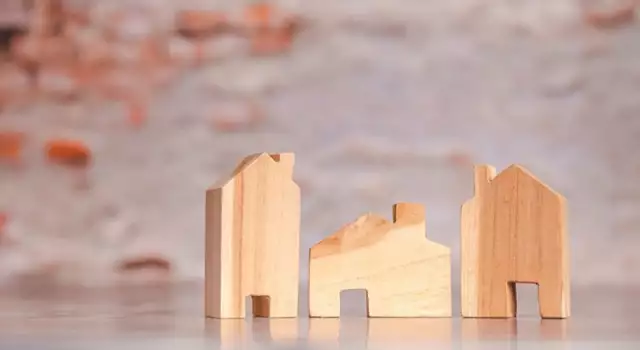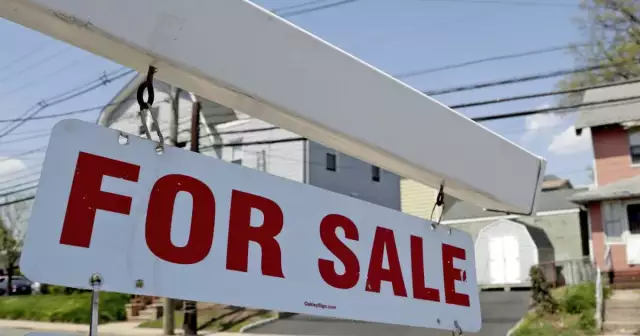Avoiding the Most Common Maintenance Pitfalls When Buying or Selling a Home
Avoiding the Most Common Maintenance Pitfalls When Buying or Selling a Home
Property management may be a challenging endeavor. There are numerous factors to consider, such as how to select your apartment management system and manage your various clients. Buyers may occasionally find themselves on unstable ground. They might probably know very little about the genuine state of the building they are about to buy. Furthermore, even if the government passes legislation every day to protect customers from danger. However, whether you are buying or selling a home, you must exercise prudence. To keep up with the maintenance requirements, a buyer may be required to spend a lot of money on plumbing renovations, electrical issues, and so on.
Here are some common errors to avoid while purchasing or selling a home to avoid incurring costs:
-Never let your tenants handle their own maintenance issues
This can happen quite frequently, especially in areas with a lot of tall buildings. When they undertake the repairs themselves, they subtract the cost from the rent. While this may appear to be a simple solution, it may cause more harm than benefit.
For one, when the tenants get harmed as they conduct the repairs, you could be obliged to pay for the damages incurred. Again, if the tenant does inadequate repairs, they may unintentionally cause a much larger problem without your knowledge. To avoid making a mess, always get repairs done by a reputable maintenance person or a certified contractor.
-Poor tenant screening
Well, you might think this is just a no-brainer. However, failing to screen your tenants correctly can lead to big problems down the road. You may believe that this is an additional strain for you. But, in the end, it's worth the extra time and money you spend screening potential tenants. Investing in a reliable apartment management system means that you have conducted extensive background checks on any potential tenants.
-Hiring unskilled maintenance personnel to save money
While it may appear a very easy approach for you to save money, hiring anyone for repairs works could develop into a migraine-inducing ordeal. Well, experts might charge you additional rates but are likely to make a thorough, long-lasting repair. Besides, what an expert does may last for 5-10 years. That means you need to pick a pro specialist that won’t push you to repeat repairs. As a result, you will end up saving loads of money in the long term.
-Failure to do a routine home inspection
Preventative maintenance will save you both money and time. Every time you conduct a normal check of your property, you will be able to identify certain issues before they become more serious. This gives your tenants the idea that you are meticulous and responsible. The buyer is responsible for this inspection. The buyer selects the company to perform the inspection.
Here are some of the places you should look into:
- Examine the condition of your drainage system - Determine how stormwater drains away from the house. Does it follow the correct channels that won't damage your property? Do you require roof downpipes and gutters? What about water ponding? Is there a risk that the water will descend to the ground beneath the foundations?
- Any rotten wood - If we have rotten doors, window frames, or roofing timbers, it could be a symptom of termites, borer beetles, or wood-destroying fungi.
- Poor ventilation - Poorly ventilated rooms can cause structural damage as well as a variety of health risks.
- Hazardous materials - There are several types of hazardous materials to consider. Lead-based paint, high levels of potentially hazardous molds, and asbestos are just a few examples.
- Examine the electrical, plumbing, and gas installations for flaws - Examine the wiring, hot water geysers, distribution boards, gas lines, and other sanitary goods.
- Examine the roof- is it leaking? Whether it's due to clogged gutters, a leaking roof, or worn-out roof coverings.
- Water seepage via windows and doors - Water may occasionally seep through the doors and windows. Re-caulking windows and doors, as well as any weather-stripping and repairs as needed.
- Examine the insulation- to see if it is insufficient or inadequate.
- Check structural damage - structural damage may be produced by sinking foundations or weakened foundations. Weak foundations imply insecure entrances, roof structures, walls, and support, as well as potentially unstable beams.
To summarize
Selling or buying a home is more difficult than you would believe. It can sometimes be quite costly to make things right. In some situations, a seller must pay a considerable sum of money to make good on damages. The prospective buyer or seller should take any necessary precautions to avoid falling into a trap that could land them in a ditch.






